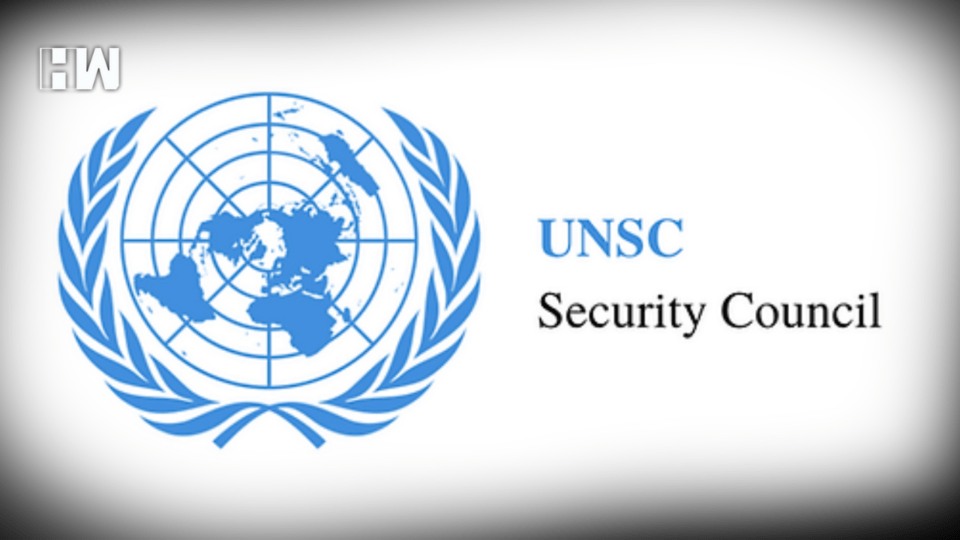The United Kingdom supports India’s candidacy for a permanent seat in the United Nations Security Council
New Delhi: The United Kingdom supports India’s candidacy for a permanent seat in the United Nations Security Council (UNSC), British High Commissioner Alexander Ellis said while adding that New Delhi’s push for reforms will make the institution more effective in dealing with the realities of today.
In ANI Podcast with Smita Prakash, Editor-in-Chief, the British High Commissioner said, “We certainly support India becoming the member of the UNSC as this is why the UNSC reforms are the institutional that reflects to the realities of today.” “Change in the institution (UNSC) is hard and we need to make them work. Some of them come after the second World War like UN and UNSC, some came later like World Trade Organization (WTO)… zenith of globalization, the mid 90s and what we want from India is actually to make the effective institution,” he added.
He also gave the example of the International Financial Institutions (IFI) which is the product of the Organisation for Economic Co-operation and Development (OECD) and said that the countries are adapting those to realities of today. He also said that India, for example had also lend money.
British High Commissioner also said that the vulnerable states like island nations need greater support so that they can create the impact in the world and hardwork is the key to that lock.
“Change in the multilateralisation is hardwork. What we are seeing is the creation of new institution which we will start more,” Ellis said in a podcast with ANI’s Editor-in-Chief.
He also gave the example of Clinical Trials Registry – India, which is majporly created with the support of UK.
“India will increasingly be part of all of those (Indo-Pacific group, minilateralism) things and including in panel so UK and India but also with other countries try to solve the particular problem,” British High Commissioner said.
On December 1, India assumed the monthly rotating presidency of the UN Security Council (UNSC) for the second time in its two-year tenure as an elected member of the Council in 2021-22.
India had earlier assumed UNSC presidency in August 2021.
During its December Presidency, India held a “high-level open debate” on “Maintenance of International Peace and Security: New Orientation for Reformed Multilateralism (NORMS)” at the Security Council.
Earlier on December 14, The UK extended support for India’s permanent membership at the UNSC.
Dame Barbara Woodward, the UK Permanent Representative to the United Nations said, “The Security Council must as others have said become more representative of the world today and the UK has long called for its expansion in both the permanent and non-permanent categories, as the UK Foreign Secretary publicly reiterated this week – we support new permanent seats for Brazil, Germany, India and Japan.”
Also, Read: Assam Chief Minister Gets 2 Am Call From Shahrukh Khan
The UN Security Council is the premier global body for maintaining International peace and security. The Security Council, the United Nations’ principal crisis-management body, is empowered to impose binding obligations on the 193 UN member states to maintain peace.
The council’s five permanent and ten elected members meet regularly to assess threats to international security, including civil wars, natural disasters, arms proliferation, and terrorism.
Structurally, the council remains largely unchanged since its founding in 1946, stirring debate among members about the need for reforms.
The UN Security Council is composed of 15 members, including five permanent member states – China, France, Russian Federation, the United States, and the United Kingdom – and 10 non-permanent member states, which are elected by the United Nations General Assembly (UNGA).
(Except for the headline, this story has not been edited by HW News staff and is published from a syndicated feed.)
As an independent media platform, we do not take advertisements from governments and corporate houses. It is you, our readers, who have supported us on our journey to do honest and unbiased journalism. Please contribute, so that we can continue to do the same in future.

